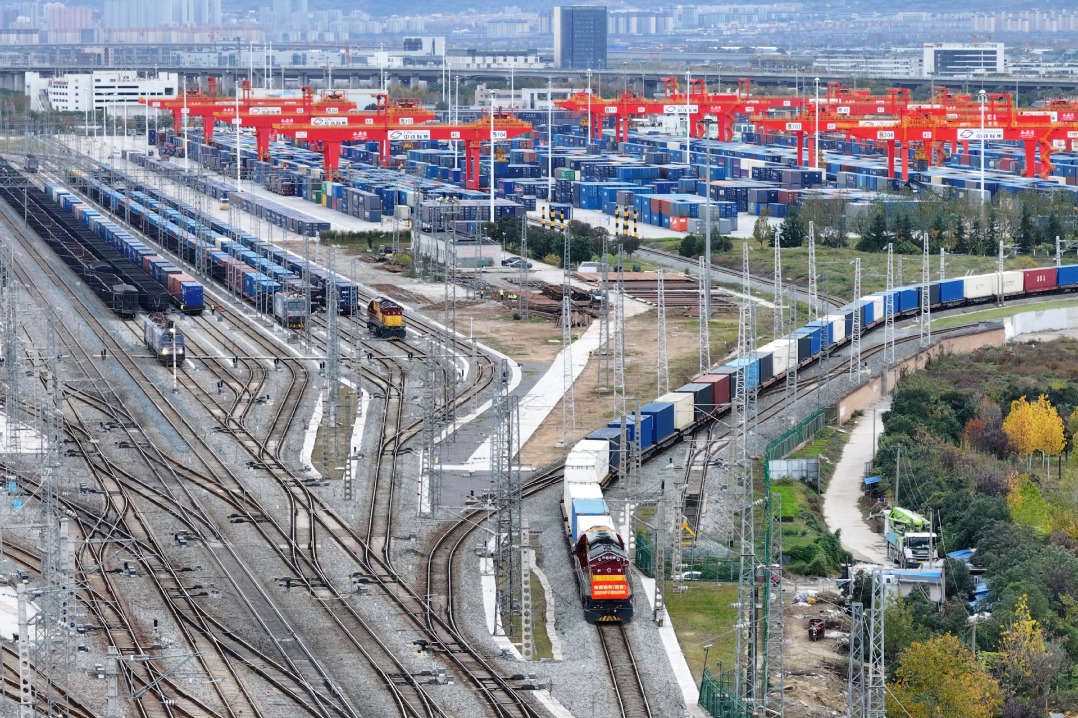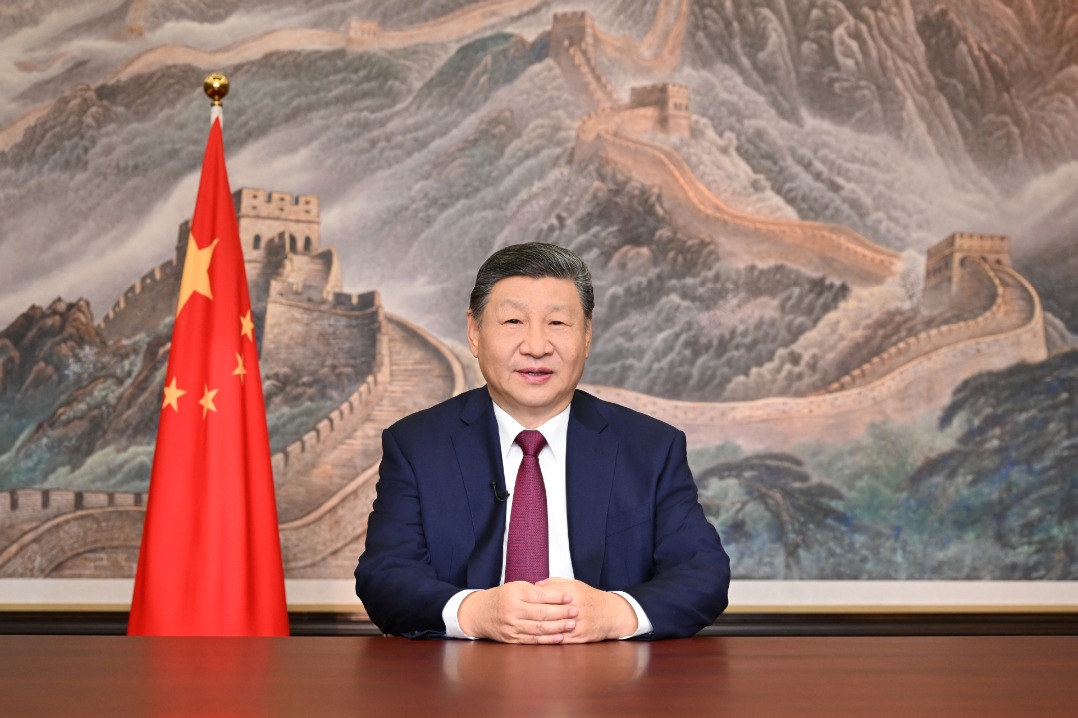Malaria fight continues

|
A child (right) with malaria waits for treatment at a refugee camp in Abidjan, a port city in Cote d'Ivoire. One million people are killed by the disease in Africa every year. Ding Haitao / Xinhua |
Cheap, but effective
Purity Muya, a 34-year-old Kenyan, says her son was saved by Chinese anti-malaria medicines.
"It only took three days to cure my son, who contracted malaria last summer," she says. "The total expense was 100 Kenyan shillings ($1.15) and was quite affordable."
Fayyaz Mohammedtaqi, chief of pharmacy and outpatient services at the Aga Khan Hospital in the Tanzanian capital of Dar es Salaam told Xinhua News Agency the hospital uses two types of Chinese-made malaria treatments, Duo-Cotecxin and Artesun.
"They are as effective as those made by Western companies, such as Coartem by Novartis, which, however, is far more expensive," he said.
Stephen Kyebambe, a physician at China-Naguru Friendship Hospital in Kampala, Uganda, says an increasing number of patients in Africa choose cheap, but effective Chinese drugs in preference to Western-made medicines.
Meanwhile, a number of officials dismissed the media reports.
Xia Zhigui, deputy director of the malaria department of the National Institute of Parasitic Diseases, says he had never heard of counterfeit Chinese malaria treatments in Africa.
Xia traveled to Cameroon and the Democratic Republic of Congo in 2009 to set up anti-malaria centers under a program announced in 2006 in which China helped establish 30 malaria prevention and treatment centers in Africa.
The centers benefit patients in Africa, improve the continent's malaria-intervention capacity and promote the transfer of knowledge between clinics and research institutes.
"Chinese-made anti-malaria drugs are popular with Africans and they are generally very effective as well, so I don't understand why some sections of the media printed these stories," says Xia.
"I think the accusations were just a campaign story, which I feel should not be taken too seriously," says Asuman Lukwago, permanent secretary of the Ugandan Ministry of Health.
Kate Kikule, chief drug inspector at Uganda's National Drug Authority, says so far no survey has been conducted to establish that the counterfeits originated in China. Yu Zhemin, chairman of Guilin Pharmaceutical Co, says his company has not detected any counterfeits of the anti-malaria drugs it markets in Africa.
According to Yu, 80 percent of Guilin's products enter Africa through international organization procurement, and the remaining 20 percent is moved through partnerships with local sales networks.
"The medicines have to pass tests conducted by the local drug authorities and must be registered before hitting the market," he said.
But he conceded that sales channels in Africa are not well regulated. "Some grocery stores also sell anti-malarials," he said.
African governments are taking steps to control counterfeit medicines. The regulatory bodies in Uganda, Kenya, Nigeria and a number of other countries are making contracts with companies to supply the drugs or are sending their own employees to India and China to assess the efficiency of the quality control process.
Yu says his company's production facilities in China have been visited and assessed by inspectors from countries such as Sudan, Kenya, Uganda and Tanzania.
SMS validation
"While legitimate companies will submit to such processes, shady companies can simply hide and smuggle their fake versions of registered or unregistered medicines into Africa," says Bright Simons, president of the mPedigree Network, a nonprofit organization based in Ghana that provides and aids strategies that focus on combating fake medicines and serialization, or identification codes.
Serialization works by embossing a unique code on each product pack, and mass serialization often involves the cryptographic randomization of these codes to prevent them being guessed or generated by unauthorized people.
Given the prevalence of mobile phone use in Africa, a serialization check via SMS message could be a key method in preventing the sale and use of fake medicines, according to Simons.































